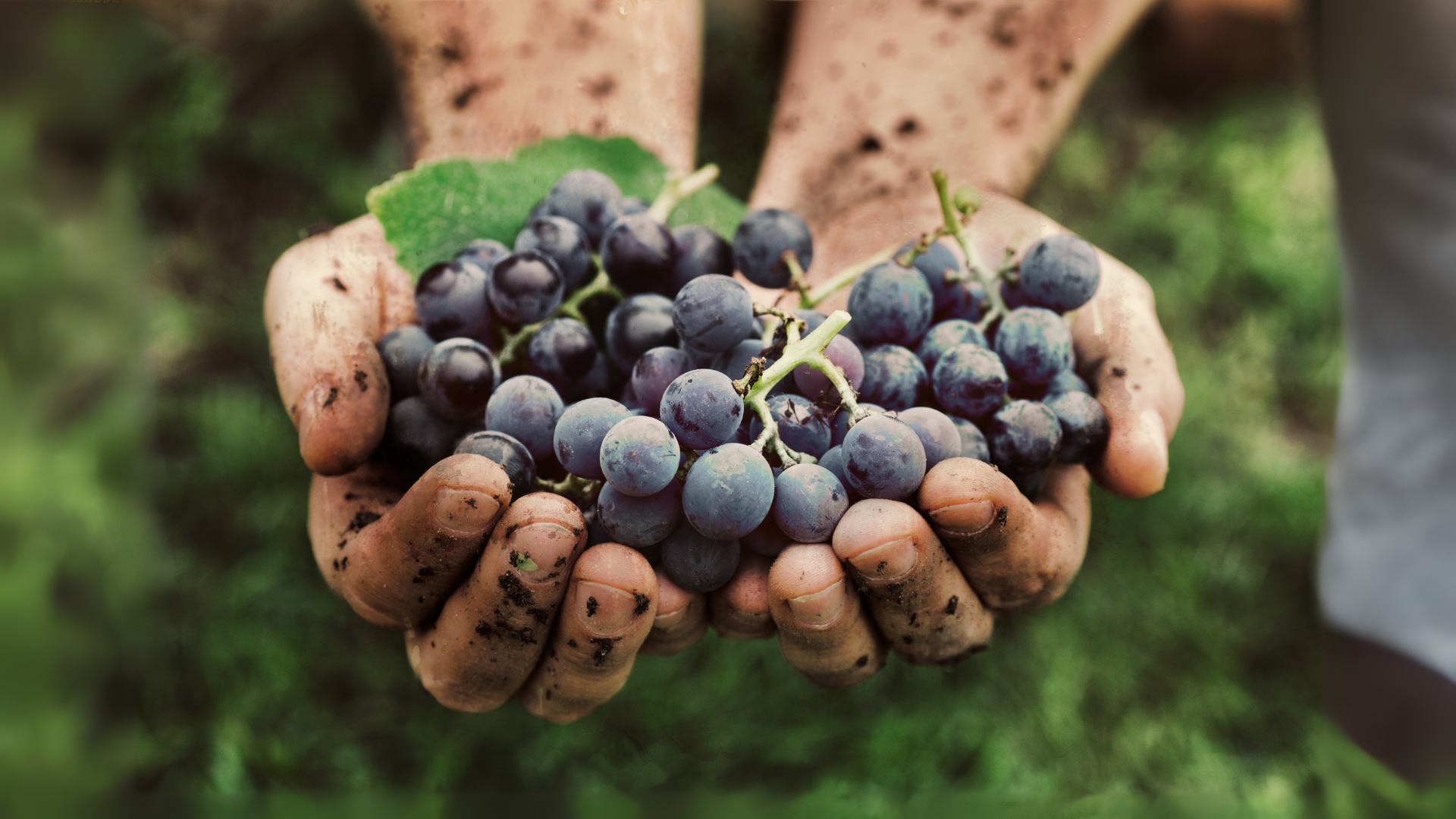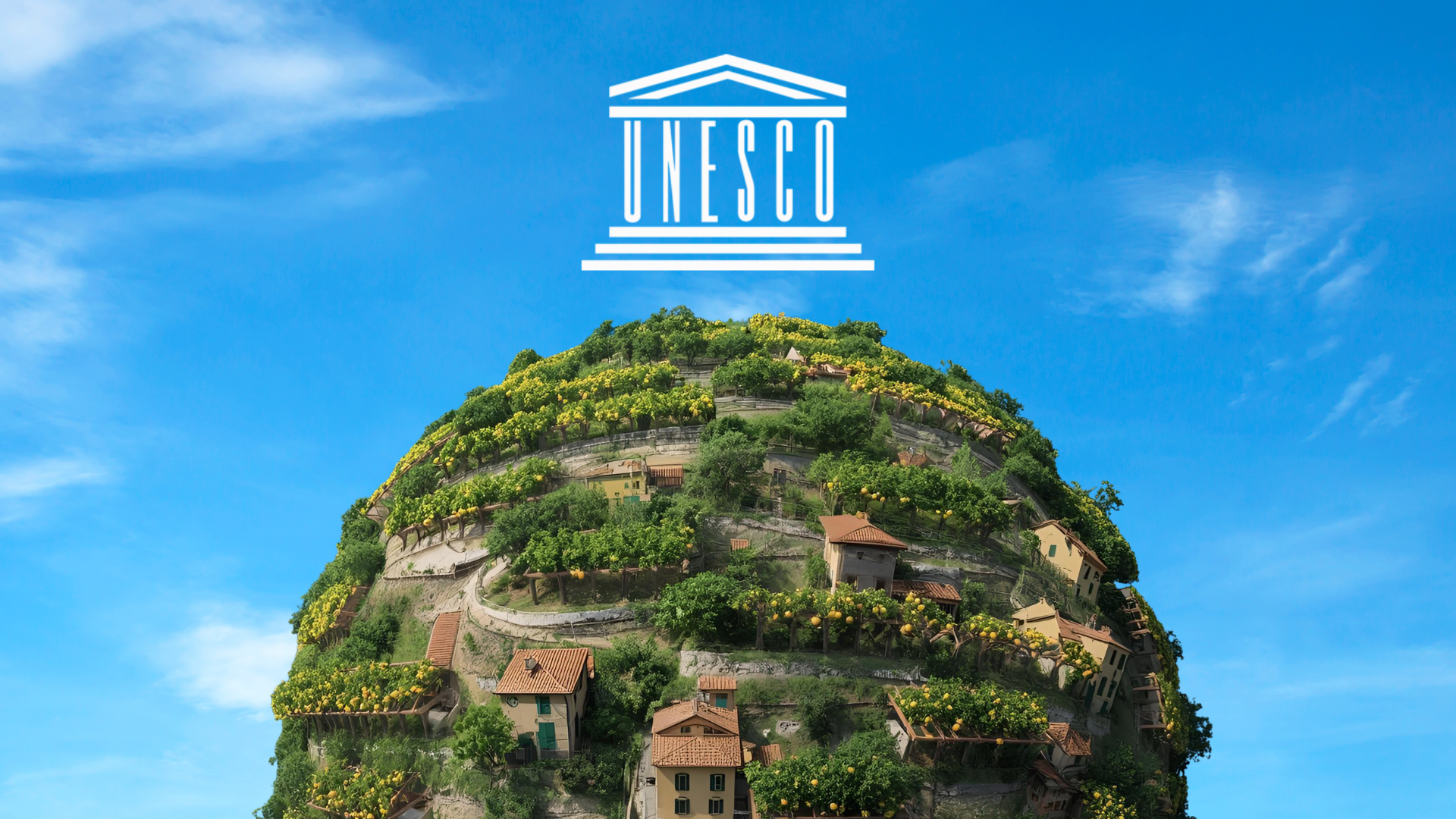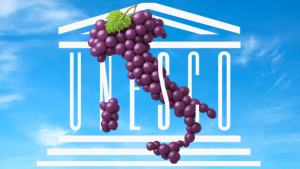Nowadays there is increasing attention for those sites that combine culture, nature, and tradition. This is confirmed by the recognition of the lemon groves of the Amalfi Coast as Agricultural Heritage by UNESCO and the Food and Agriculture Organization (FAO). In this context, not only the place and the primary production are highlighted, but also the derived products and the local culture, elements that often come together in an excellent combination such as the famous limoncello.
The recognitions by UNESCO and FAO brands are becoming the perfect driver to attract quality tourism, with direct impacts on producers and the territory.
By the numbers
Demand is growing rapidly: the Italian wine tourism market is expected to grow by 9.1% annually, reaching 5.6 billion euros by 2035.
As highlighted by Professor Pierluigi Petrillo, holder of the UNESCO Chair at Sapienza University of Rome, the attractive power of the UNESCO brand is evidenced by official data: in 2022, Italian sites recorded an impressive 67.83% increase in visitors and a 59.55% rise in overnight stays compared to the previous year.
It is not quick-stop tourism, but a desire for immersion.
The clearest example? The Prosecco Hills of Conegliano and Valdobbiadene. Since the UNESCO recognition in 2019, in five years: a 20% increase in non-hotel accommodations (518 in total) and a 29% rise in winery staff (3,514 employees).
A tangible opportunity
A new prestigious recognition is now emerging: the FAO’s Globally Important Agricultural Heritage Systems (GIAHS) program, which honors heroic and sustainable agriculture. The Amalfi Coast, with its lemon groves designated as Agricultural Heritage, is showing the way for the entire sector, including wine districts.
The opportunity for producers is tangible: promoting the territory through these recognitions is not just a matter of style, but a powerful marketing strategy. It means positioning your brand as an expression of a unique heritage, becoming the preferred destination for sophisticated, profitable, and sustainable tourism. In a crowded market, the connection with a recognized territory and product is the strongest competitive asset.

A perfect ally for D2C
When discussing tourism and the appeal of a territory and brand, one cannot overlook the Direct-To-Consumer (D2C) business.
In fact, promoting the brand and product as traditional and sustainable entities is simply an attractor for consumers who want to get closer to a high-quality brand and relive those days of great carefree enjoyment and flavor they experienced in Italy.
Whether we are talking about wineries, distilleries, or breweries, it matters little: the unifying element is the concept built around the product and producer, which takes shape in the consumer’s mind. If it is also associated with a cultural and sustainable recognition, the idea becomes even more deeply rooted in the tourist, who will feel a desire to connect with those flavors and people, even after returning home to their everyday life.
And this is where D2C makes the difference: it connects people separated by kilometers in an exchange that is not only commercial but also filled with happy memories.
Sources: Future Market Insights, Conegliano Valdobbiadene Prosecco DOCG, FAO GIAHS




